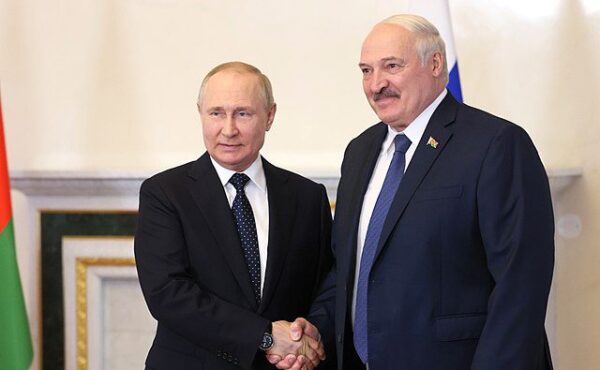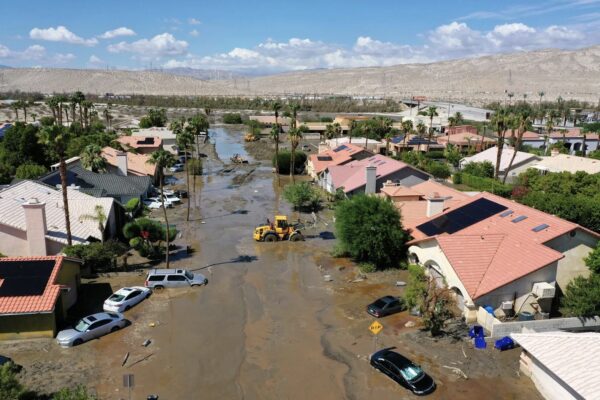The recent escalation of conflict in Ukraine has triggered an immediate call Monday from the U.S. Embassy in Minsk, Belarus, for all U.S. citizens to evacuate the country promptly.
This recommendation followed the recent closure of two border crossings between Belarus and Lithuania at Tverecius-Vidzy and Sumskas-Losha, as reported by the embassy and The Hill.
Belarus has played a facilitating role in Russia’s invasion of Ukraine, a move that draws Minsk in direct opposition with the West. The U.S. embassy’s statement made it unequivocally clear: “Do not travel to Belarus due to Belarusian authorities’ continued facilitation of Russia’s unprovoked attack on Ukraine, the buildup of Russian military forces in Belarus, the arbitrary enforcement of local laws, the potential of civil unrest, the risk of detention, and the Embassy’s limited ability to assist U.S. citizens residing in or traveling to Belarus.”
The Lithuanian government had shuttered two border points at Tverecius-Vidzy and Sumskas-Losha on Aug. 18, leaving open four more at Lavoriskes-Kotlova, Medininkai-Kamenny, Raigardas-Privalka and Salcininkai-Beniakoni. The governments of Lithuania, Latvia and Poland have indicated potential further closures of border crossings with Belarus.
The State Department assigns four travel advisory levels — from 1, which advises normal precautions, to 4, suggesting not to travel. Belarus is classified under the highest risk category. The State Department also called upon Americans to establish emergency plans independent of U.S. government assistance in light of the ongoing conflict.
The escalation and perceived threat escalated further after the relocation to Belarus of the Wagner Group, a Russian paramilitary organization headed by a former ally of President Vladimir Putin, following a failed coup. The organization’s presence was likely a factor behind Lithuania’s decision to shut two border crossings.
The Lithuanian move comes amid increased border security by neighbors Lithuania, Latvia and Poland. The neighbors’ anxiety is driven by the Wagner mercenary force’s presence in Belarus where Alexander Lukashenko, the nation’s autocratic leader, has been assisting Putin’s war in Ukraine.
Under the blanket of a swath of U.S. sanctions for serious allegations of human rights abuses and political repression against a defiant Belarusian populace, Lukashenko’s acceptance of Wagner forces in a Putin-facilitated deal quelling the mercenary group’s rebellion against the Kremlin has sparked widespread concern among NATO-member nations along its border.
The Lithuanian border closures added complexity to travel dynamics, leaving the remaining routes as the only viable ways for American citizens in Belarus to exit the country. With neighboring Poland and Latvia also bulking up troops at their respective borders with Belarus, tensions are running predictably high.







